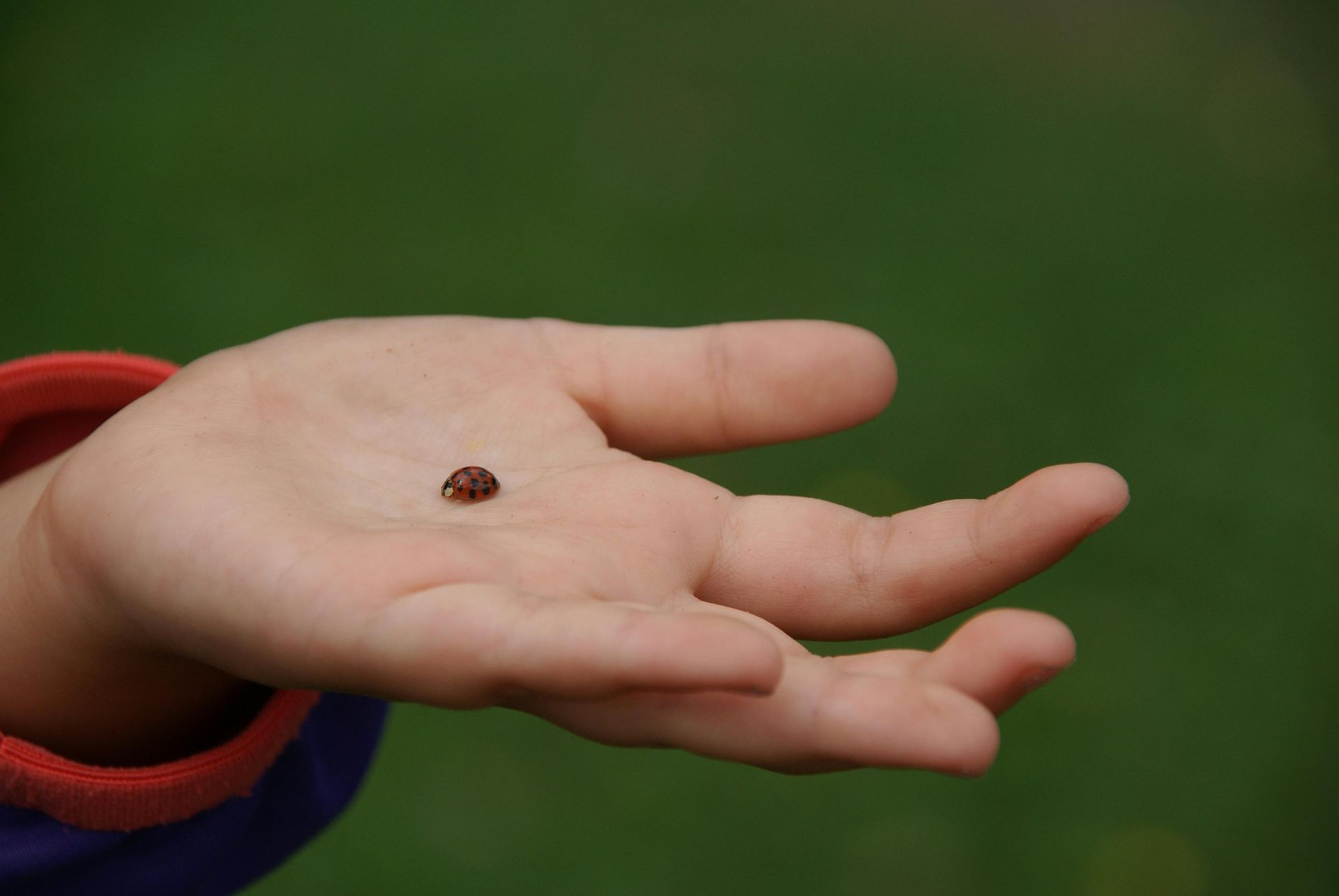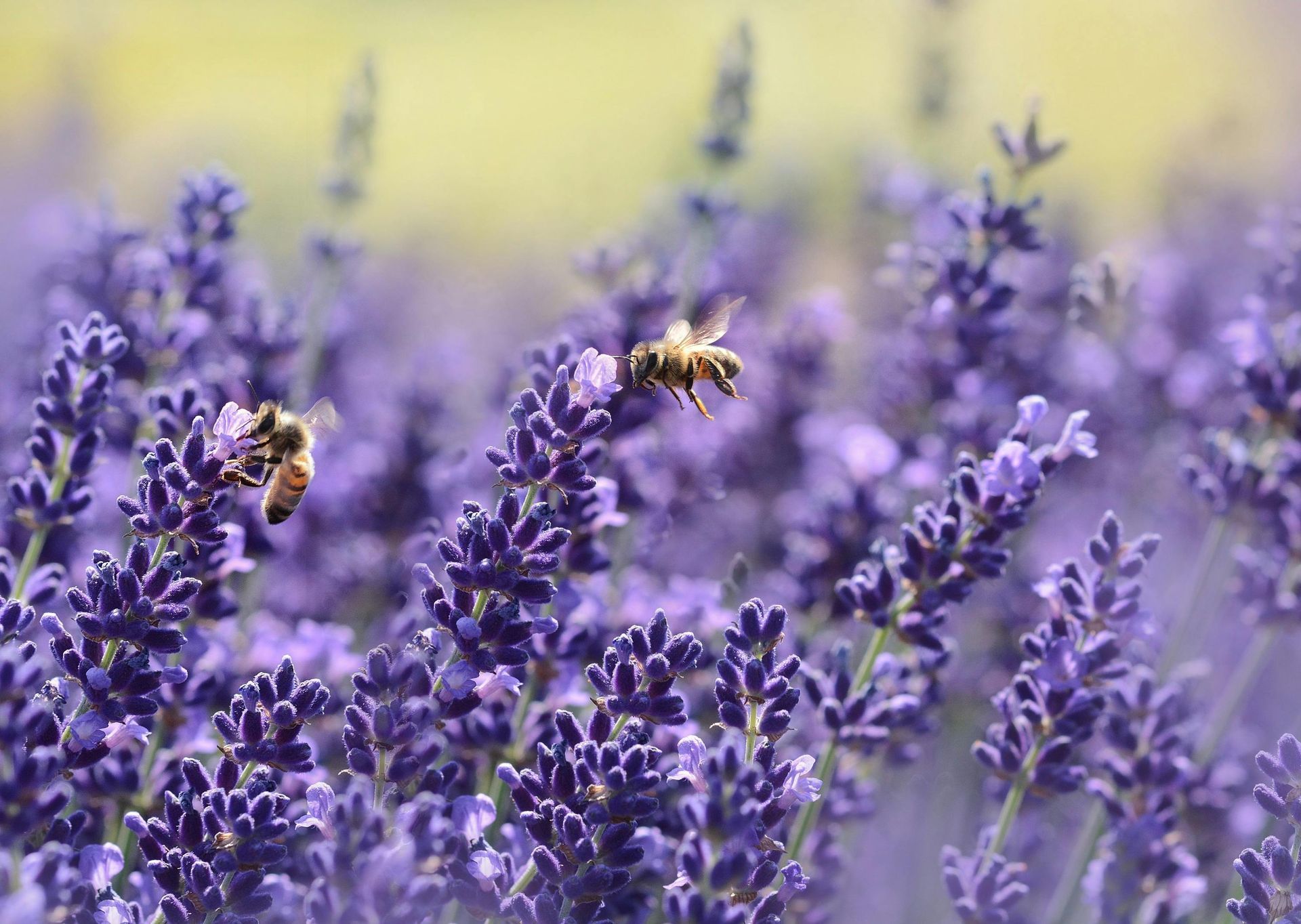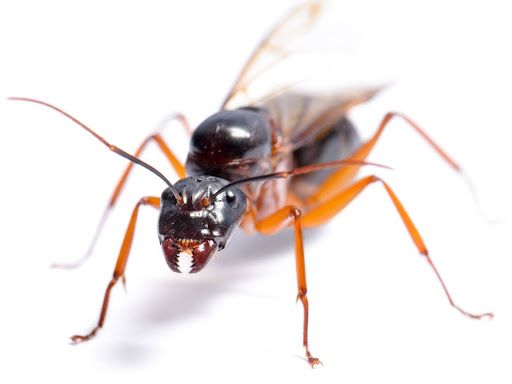Understanding Ants: A Guide to Prevention and Control in Carson City
Ants, though small, have a significant impact on our daily lives, especially in urban settings like Carson City. These industrious insects are known for their complex social structures and ability to adapt to various environments. Understanding the behavior and habitats of ants is crucial for effective prevention and control measures.
The Intriguing World of Ants
Ants are remarkable creatures with intricate social systems that contribute to their success as a species. Each colony operates as a well-organized unit with distinct roles for the queen, workers, and soldiers. The queen's main function is to reproduce, while worker ants handle food collection, care for the young, and maintain the nest. Soldier ants protect the colony from potential threats.
This structured social system allows ants to efficiently divide tasks and respond to environmental changes. Human environments often attract ants because they provide abundant food and water sources. In Carson City, the local climate and urban landscape create ideal conditions for ants to thrive. The warm, dry weather, combined with the availability of food in urban areas, makes Carson City a prime location for ant colonies to establish themselves.
Ant Behavior and Habitats in Carson City
Carson City hosts a variety of ant species, each uniquely adapted to the local environment. Argentine ants, pavement ants, and odorous house ants are among the most common species found in the area. Argentine ants are particularly notable for their aggressive behavior and tendency to form large supercolonies, which can be challenging to control.
The climate and geography of Carson City greatly influence ant behavior. The dry, warm conditions encourage ant activity, resulting in increased sightings during the spring and summer months. Local studies and reports have documented the prevalence of ant infestations, underscoring the need for effective management strategies to address this issue.
Why Ants Target Homes
Ants primarily invade homes in search of food and shelter. In Carson City, certain features of homes can attract ants, such as inadequate food storage and structural gaps that offer easy entry points. Seasonal patterns also influence ant activity, with ants becoming more active during warmer months as they search for food to support their colonies.
Homes in Carson City may be particularly susceptible to ant invasions due to common construction practices and the presence of gardens and landscaping that provide additional food sources. By understanding these factors, homeowners can take proactive steps to prevent infestations and protect their homes from ant invasions.
Preventive Measures for Ant Infestations
Preventing ant infestations requires a combination of strategies. Homeowners can minimize the risk of ant invasions by sealing entry points, such as cracks and gaps around windows and doors. Proper food storage is also essential; keeping food in airtight containers can deter ants from entering the home.
Landscaping can play a crucial role in preventing ant infestations. Maintaining a gap between vegetation and the house can reduce the likelihood of ants using plants as a bridge to enter the home. Regular home inspections can help identify potential entry points and address them before they become a problem.
Eco-Friendly Solutions for Ant Control
For those seeking to control ant populations without using harmful chemicals, several eco-friendly methods are available. Diatomaceous earth is a natural substance that can be sprinkled around entry points to deter ants. Essential oils, such as peppermint and tea tree oil, can also serve as natural repellents.
Using
eco-friendly products benefits the environment and reduces the risk of exposure to toxic chemicals for both humans and pets. By opting for sustainable pest control methods, residents can effectively manage ant populations while minimizing their ecological footprint.
The Role of Professional Pest Control
While many ant problems can be managed with DIY methods, there are times when professional pest control services are necessary. Severe infestations or persistent ant problems may require expert intervention. Professional services can offer customized solutions tailored to the specific needs of a property in Carson City.
Choosing a pest control service that prioritizes eco-friendly and family-safe methods can provide peace of mind. These services often use integrated pest management strategies that focus on long-term prevention and minimizing environmental impact.
Long-Term Ant Prevention Strategies
Maintaining a long-term and prevention strategy involves regular maintenance and monitoring. Educating family members about practices that minimize ant attractions, such as cleaning up spills promptly and storing food properly, is essential.
Creating a home maintenance checklist that includes tasks related to ant prevention can help keep the problem at bay. Regularly checking for signs of ant activity and addressing any issues promptly can prevent minor problems from becoming major infestations.
Understanding the Impact on the Ecosystem
Ants play a crucial role in the ecosystem, contributing to soil aeration and nutrient cycling. While managing ant populations is important, complete eradication may not be beneficial. It's important to strike a balance between controlling ants and preserving their ecological functions.
Community efforts and educational programs in Carson City focus on sustainable pest management, emphasizing the importance of maintaining this balance. These initiatives aim to raise awareness about the ecological roles of ants and promote responsible pest control practices.
Practical Advice for Homeowners
For homeowners in Carson City, taking proactive steps can help manage ant populations effectively. Implementing the strategies discussed, such as sealing entry points, proper food storage, and using eco-friendly repellents, can make a significant difference.
Examples of successful ant prevention strategies include using natural deterrents like diatomaceous earth and maintaining a clean and organized home environment. Staying informed about new and effective eco-friendly pest control methods is also beneficial.
Community Resources and Support
Carson City residents have access to various local resources for ant control and prevention. Local extension offices and community workshops provide valuable information and support. Engaging with these resources can help homeowners manage pest issues collectively and promote eco-friendly practices.
Community initiatives and organizations in Carson City focus on sustainable pest control, offering guidance and support for residents seeking to manage ant populations responsibly. These efforts highlight the importance of community engagement in addressing pest issues effectively.
New Subtopics
The Economic Impact of Ant Infestations
Ant infestations can have significant economic implications for homeowners and businesses. Costs associated with pest control services, repairs to damaged property, and potential loss of food supplies can add up quickly. By investing in preventive measures and early intervention, residents can mitigate these financial burdens.
The Importance of Education and Awareness
Educating the public about ant behavior and prevention strategies is crucial for effective pest management. Workshops and community programs can provide valuable information and resources to help residents understand how to manage ant populations responsibly. Increased awareness can lead to more sustainable pest control practices and a healthier environment.
Innovative Technologies in Pest Control
Advancements in technology have led to new and innovative solutions for pest control. From smart traps that monitor ant activity to drones used for large-scale surveillance, these technologies offer exciting possibilities for managing ant populations more effectively. Embracing these innovations can enhance traditional pest control methods and improve outcomes for homeowners and communities.
Ants are a common presence in Carson City, but with the right knowledge and strategies, they can be effectively managed. Understanding their behavior, habitats, and the reasons they target homes is crucial for implementing successful prevention and control measures. By combining traditional methods with eco-friendly solutions and professional services when necessary, residents can maintain a harmonious balance between managing ant populations and preserving their ecological roles. Engaging with community resources and staying informed about new technologies can further enhance pest management efforts, ensuring a sustainable and ant-free environment for all.
For expert assistance with ant prevention and control,
reach out to Natura Pest Control today.
Our team is dedicated to providing eco-friendly and effective solutions tailored to your specific needs.




